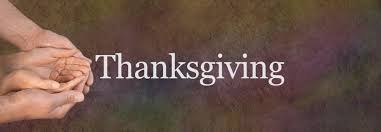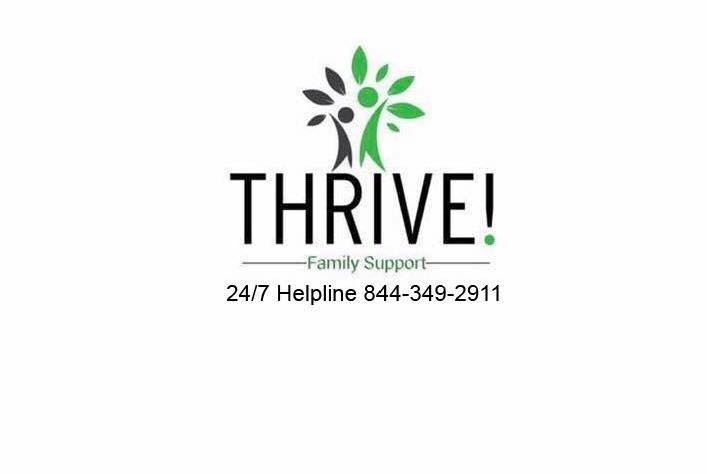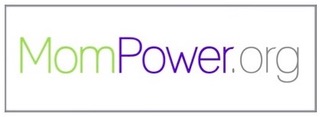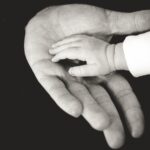
A few days before Thanksgiving, it was already dark at four-thirty—the time of year when I jump into jammies early and pray again for my son’s miracle: Let him find recovery. Then the text came: Can I get a ride home before you go to bed? I heaved a sigh but pulled on my boots and drove to a nearby Seven-Eleven, where we’d agreed to meet. I stared into the foggy dark with the engine running, trying not to be anxious about every stranger who passed by. Nothing.
After five minutes, I texted. No answer. Called. No answer. When he finally picked up the next call, I was shocked.
The son I’d come to rescue screamed into the phone. Next, he threw open the car door and proceeded to berate me. For the short trip home, he called me names and spouted off his usual grievances. We were enablers to his meth-using lazy brother while he worked his tushie off and by the way, he hated us all. I calmly said I wouldn’t put up with abuse and threatened to throw him out of the car. He ranted on.
Blind Rage
When we got to the house, he was in blind-rage mode. He demanded I fork over the money he kept in my safe. He was so outta there. Plus, he wanted to die.
I stood there, mouth gaping like an idiot, totally out of ideas on what to say or do. He stomped away. I remember thinking I’d just failed Enabling 101. Again.
Marching through my mind were the many comments I’d read in online support groups, other moms crying out after their grown child spewed hateful screeds and horrible names. These moms felt hopeless, beaten, broken too. Like me, some wondered how they could have given birth to such a person. A person they no longer knew.
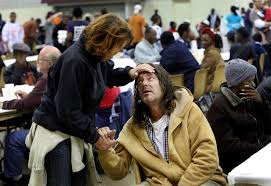
I was in that same spot, begging God for answers. My sons’ words scraped across my skin—a thousand tiny cuts bathed in alcohol. I had a thousand questions—Would such complete rejection ever allow me to recover? Could I stop loving him? Would anything ever change?
Despite the hurt, I didn’t cry. I wasn’t really angry either, as if I’d left my body and watched from a vantage point on the ceiling—I was that disconnected.
This must be the definition of despair, I thought. This was what it meant to lose all hope.
And I might have let it happen. Except that right then, my son came rushing back, sobbing. He admitted he was losing control. He was scared. He needed help. “How could I say those things to you?” he kept repeating. “I love you so much. Please forgive me.”
Blind Trust
He let me hug him and I took his hands in mine. He assured me he hadn’t meant any of the things he’d said earlier. I said things mothers say: how smart and talented and yes, good looking he was, how great the possibilities. Unlike him, I meant every word.
For a long while, we conversed in a sane, rational way. We talked about alternatives, but I steered away from my usual plea to go to detox. Instead, I marveled at his generosity. He’d given needy coworkers the few work shifts he had during a two-week shutdown in the pandemic. He agreed to see a counselor to process some of his free-floating anxiety and anger.
For so long I thought that if we could get a “moment of clarity” he’d trot off to treatment and we’d be home free. Rubbing shoulders with other moms whose substance-using adult children say and do awful things, I’ve come to realize that isn’t how this works.
My commitment to positivity gives me a better chance of helping my son —to build bridges rather than burn them down. The rest of the world can condemn him, and millions like him, for not controlling the anger they have for themselves and their situations. Sometimes, it’s rough when it spills over and floods the whole family. But condemnation is not helpful for addiction.

But as my son embraced me, Love and Hope skipped in, holding hands they way besties do, entreating me to not get even but to help myself to more Love. Not to nail shut the Better Future Box but to open wide to Hope. I confess that Faith did most of the heavy lifting, but I carried as much as I could.
Most of you other moms are just as strong. Just as willing to walk through the flames our kids throw and come out with hope, hope that’s charred but alive. Able to say, “I love you,” even when it’s too damn hard.
That dark night, I managed to see the tiny green light moment in his eyes, that spark, however dim, when we turned blind rage to blind trust, imagined a life worth living and honestly saw each other, all at a lower decibel. No, it wasn’t the miracle I’d asked for, but it was the miracle we needed. And I’m so thankful for that. Happy Thanksgiving.
